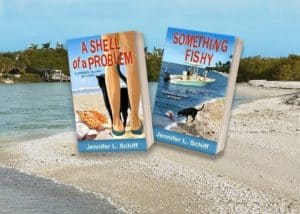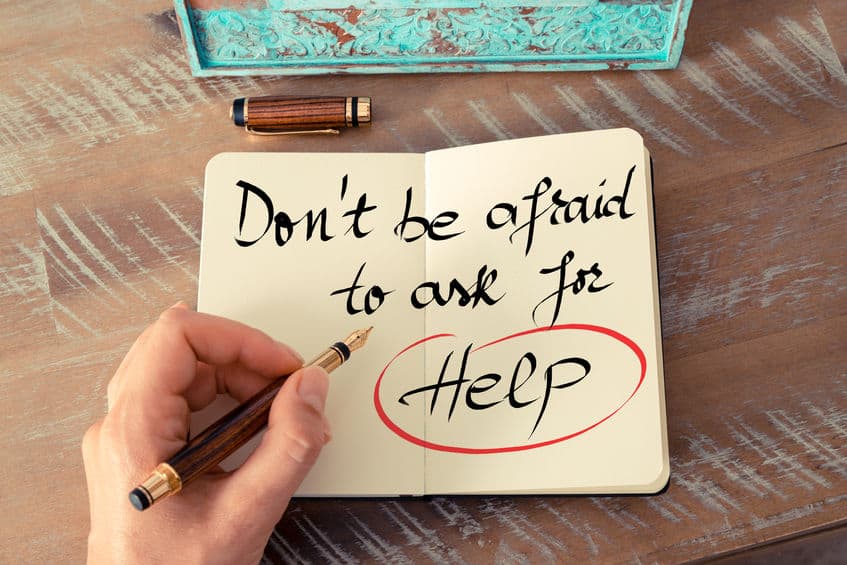I don’t like to ask for help. It’s not because I think I know better. (Though sometimes I think I do.) It’s because I’m afraid, afraid of being thought stupid, afraid of being thought annoying, afraid of rejection. From a very young age, I was taught to be independent, to not annoy people with questions, and to figure out things on my own. So my default has always been to try to do everything myself.
And yes, those are important skills. But as I have learned as a new author, you can’t go from idea to published book—or successful book—without some help. Make that a lot of help.
And I’ll admit, though I still have to push myself to ask for help, I’ve done it. Many times now.
I haven’t always received help when I ask, but I have been pleasantly surprised by how often people say yes—yes to reading and critiquing my manuscript, yes to referring me to editors, and yes to advising me on where and how to promote my book.
As a result, I’ve also learned another skill: how and where and who to ask for help. And how to get to yes.
Do your research
Before asking someone for help, do some research to determine who the best person to ask is, or maybe, who can refer you to someone who is. A Google search can put you on their trail, or ask around in the writers’ groups you belong to.
Belong
You do belong, right? Sisters in Crime or Fiction Writers or Romance Writers or Thriller writers—there’s an affinity group for everyone. Career Authors Paula Munier has great suggestions about the importance of genre associations!
Attend
Go to conferences, seminars, events, meetings. There are always people eager and willing to help—that’s what those events are for. And don’t forget online forums, and of course, Career Authors.
Network
Don’t be afraid to ask friends and family members for help. And you never know. My husband knew an author through his online meditation group. So he asked this woman if it was okay for his wife, who was writing her first novel, to ask her some questions. She said yes, and then patiently answered at least a half-dozen questions I had and referred me to the Facebook group 20BooksTo50K. I learned it’s a great place to post questions on everything writing, publishing, and marketing your book.
If you don’t know any authors or editors, chances are someone you know does. And friends, especially if they love to read and you trust them to be objective, can be great first readers and sounding boards.
Ask nicely
When asking for help, always be polite. Do not demand or expect help. Though nor should you apologize. Briefly explain why you are writing—maybe you were referred by someone; if so, let the person know—and what help you are seeking.
Be efficient
If you’re sending an email, state what you want in the subject line. For example, “Seeking advice on how to market books on social media.” If you were referred by someone, add that person’s name: “Seeking advice on how to market books on social media (Jane Doe referred me to you).” Then keep the body of your email brief. (People often stop reading after the second sentence.) Thank them for their time. And include your contact information.
Thank people
My mother always told me, when someone does something nice for you, say thank you. So whenever someone patiently answers your questions or provides a referral, send her a thank-you note. And if the person has done something above and beyond what you asked or hoped, say, proofread your manuscript without asking for a dime, send her a handwritten thank-you note along with a small gift.
Don’t be pushy
Not everyone you ask for help or advice will give it or will even respond to your email or letter. Don’t take it personally. (Of course, we all take it personally. But you need to get over this and realize people are just busy.) And you are asking for a very valuable thing—their time.
If someone doesn’t respond to your initial query, try someone else. You’re a professional—so are they. You may have a question, but they may have a crushing deadline.
Still, the important thing is to keep putting yourself out there. Don’t give up.
As I have learned over the past year, there are many people out there, many of them fellow authors, who are happy to help newcomers. And while it may take a few tries to find the right person or get the help you need, if you never ask for help, you are unlikely to receive it. And your book will be the worse off for it.
And then, of course, pay it forward.
Hey, let’s talk about it on Career Authors Facebook page. Maybe we can help each other!

 Jennifer Lonoff Schiff is a journalist who writes about technology and business. After trying unsuccessfully to write a book for more than 20 years, last summer she finally wrote her first novel, a cozy mystery titled A Shell of a Problem. It was published November 2017 and became an instant bestseller. The second book in the Sanibel Island Mystery series, Something Fishy, was just released. Jennifer is busy working on her third book, In the Market for Murder, though she still finds time to hunt for seashells, read cozy mysteries, watch Mets games, and take care of her two very needy cats.
Jennifer Lonoff Schiff is a journalist who writes about technology and business. After trying unsuccessfully to write a book for more than 20 years, last summer she finally wrote her first novel, a cozy mystery titled A Shell of a Problem. It was published November 2017 and became an instant bestseller. The second book in the Sanibel Island Mystery series, Something Fishy, was just released. Jennifer is busy working on her third book, In the Market for Murder, though she still finds time to hunt for seashells, read cozy mysteries, watch Mets games, and take care of her two very needy cats.
You can find her books on Amazon and on Sanibel.





